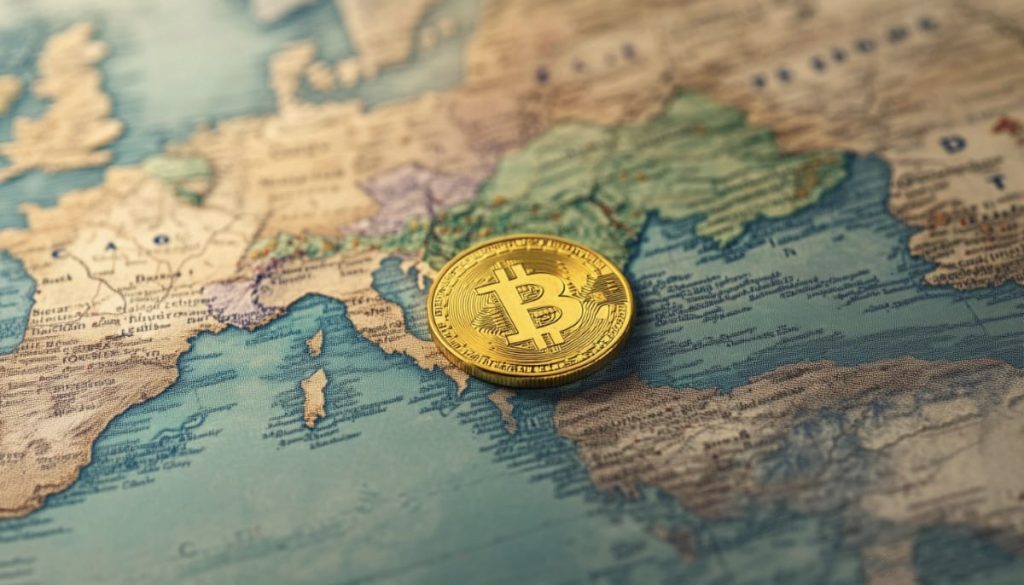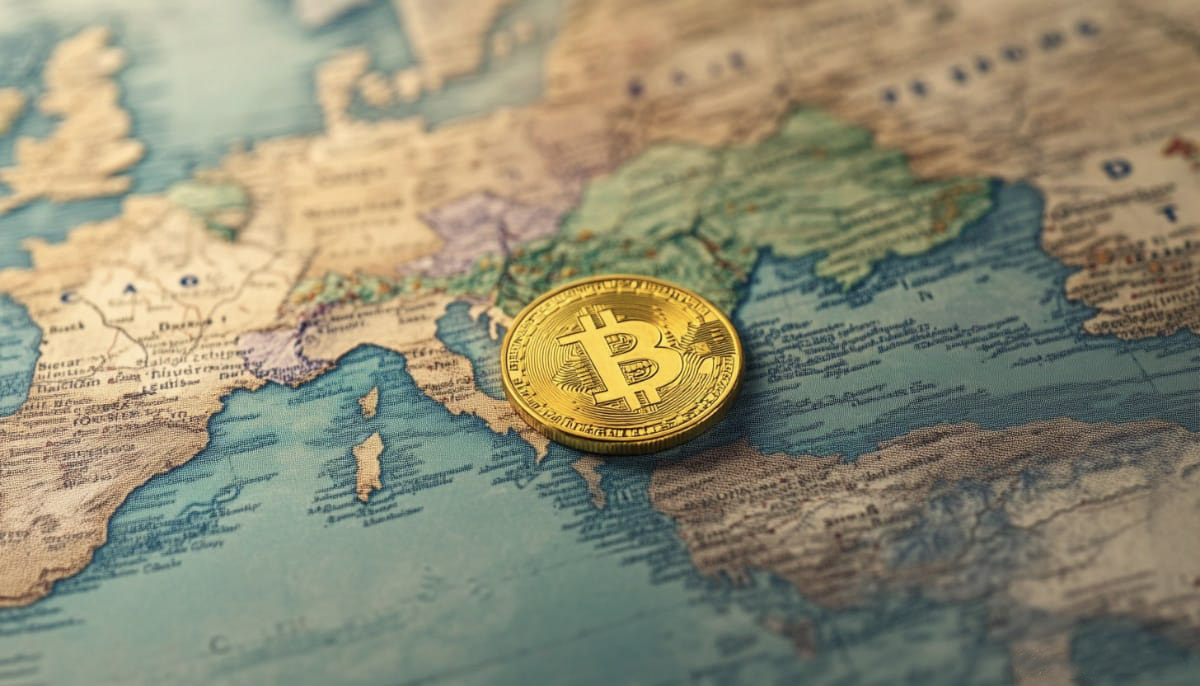Digital euro is at the “midpoint of the preparation phase.”

In outlining the advantages of a digital euro, European Central Bank (ECB) official Piero Cipollone emphasized how it would strengthen Europe’s financial sovereignty and resilience.
Speaking at the Committee hearing on Economic and Monetary Affairs, Cipollone highlighted the digital form of euro’s “tangible benefits” to all stakeholders.
“It would empower Europe to independently develop and manage digital payment solutions,” he stressed.
Cipollone: A digital euro would strengthen Europe’s financial sovereignty and resilience. It would empower Europe to independently develop and manage digital payment solutions.
— European Central Bank (@ecb) September 23, 2024
Read more https://t.co/cf57fuHrkX pic.twitter.com/Lw9TOweCGB
A digital euro would stand for central bank digital currency (CBDC), providing a reliable and accessible method of payment.
The CBDC project began in 2021, and according to Cipollone, it is currently in the “midpoint of the preparation phase.” He made a suggestion that the project preparation would take another year or so.
This aligns with the ECB President Christine Lagarde’s forecast to launch the CBDC before her term ends in 2027. Additionally, she stressed that a it should be “fit for the future.”
According to Cipollone, the project’s main goal is to create a methodology for figuring out how much digital euros each individual can possess.
“The holding limits are important to ensure financial stability and prevent large-scale transfers from bank deposits to digital euro, especially during crises.”
The digital euro rulebook, which would offer a “clear set of rules and standards to ensure a consistent user experience across the euro area,” is another project the bank is working to finalize.
In addition, the ECB is currently choosing possible suppliers to build the infrastructure for the CBDC. Furthermore, rigorous technical runs are being conducted on the project to verify offline functionality and privacy.
Digital Euro Benefits Consumers, Merchants, Banks
“Consumers could use a digital euro for all payments, everywhere in the euro area, also when shopping online.”
Furthermore, everyone in the eurozone would be able to use digital euros to send and receive money at no cost. According to Cipollone, this would also guarantee user privacy and data protection.
A digital version of cash issued by central banks would save merchants money on foreign card schemes.
“A digital euro would include safeguards for merchants by capping the fees they pay to banks for processing payments.”
Cipollone pointed out that a digital euro would create a new revenue stream for banks. Furthermore, banks would be in charge of dispersing the CBDC and acting as a point of contact for customers.















Leave a Reply